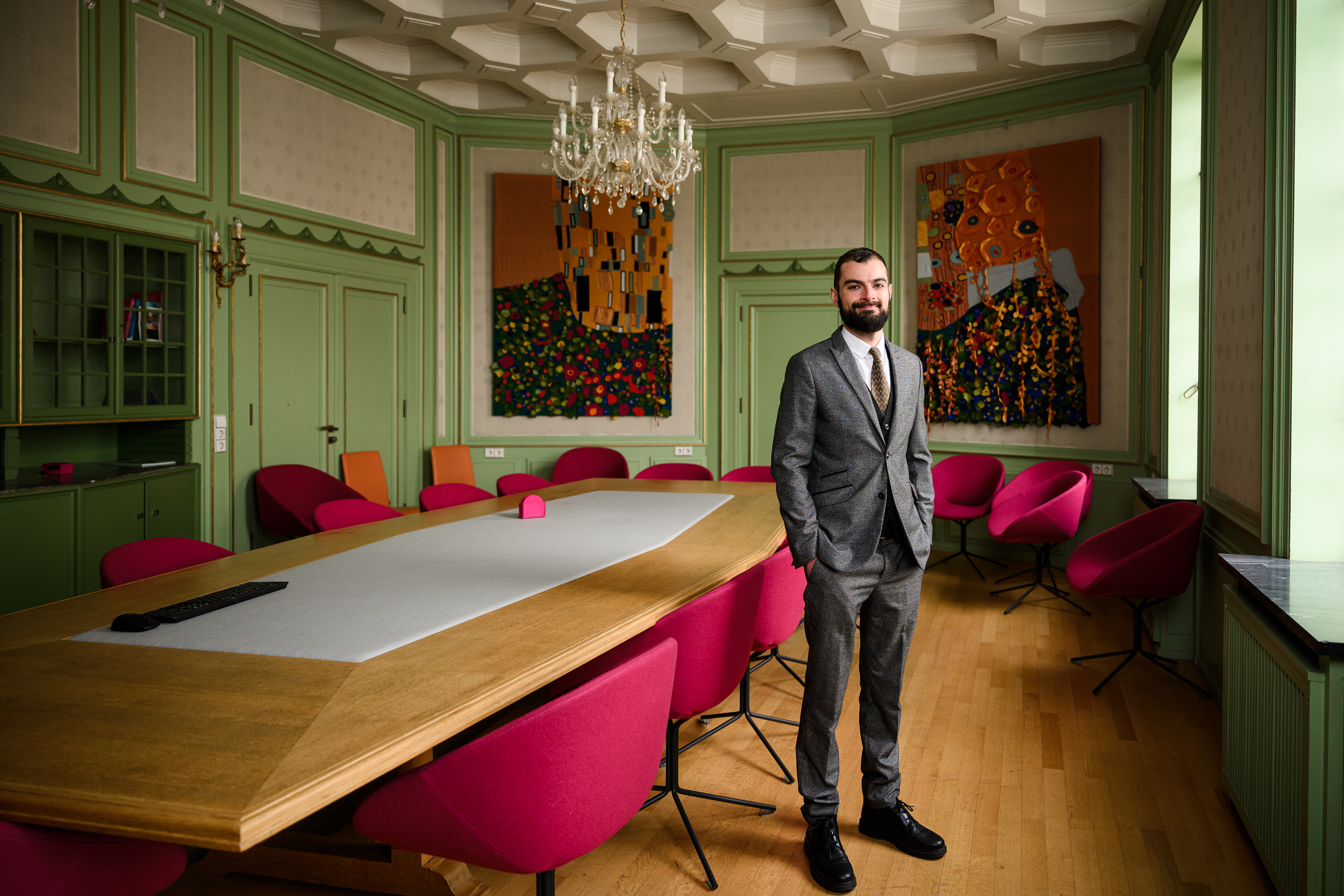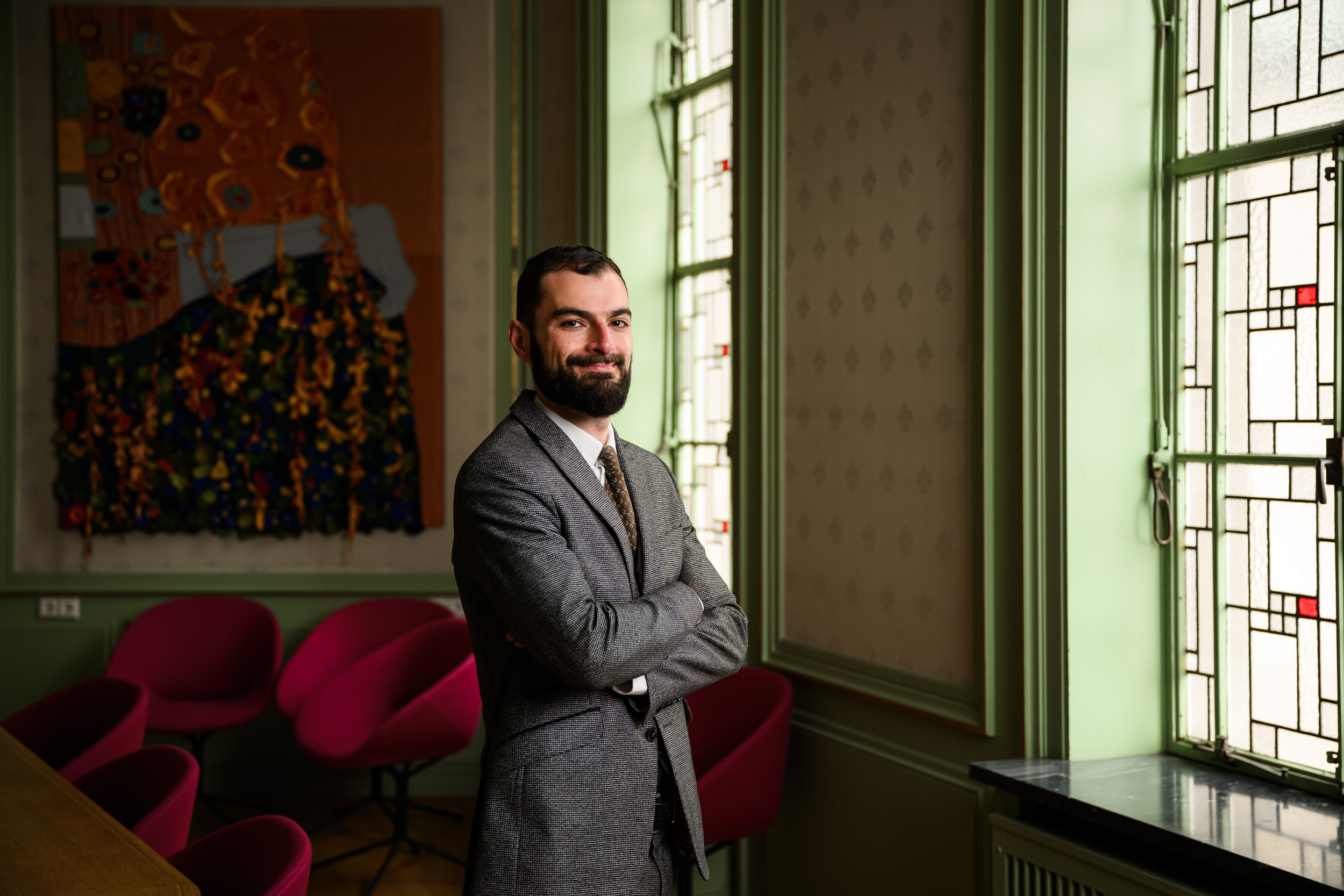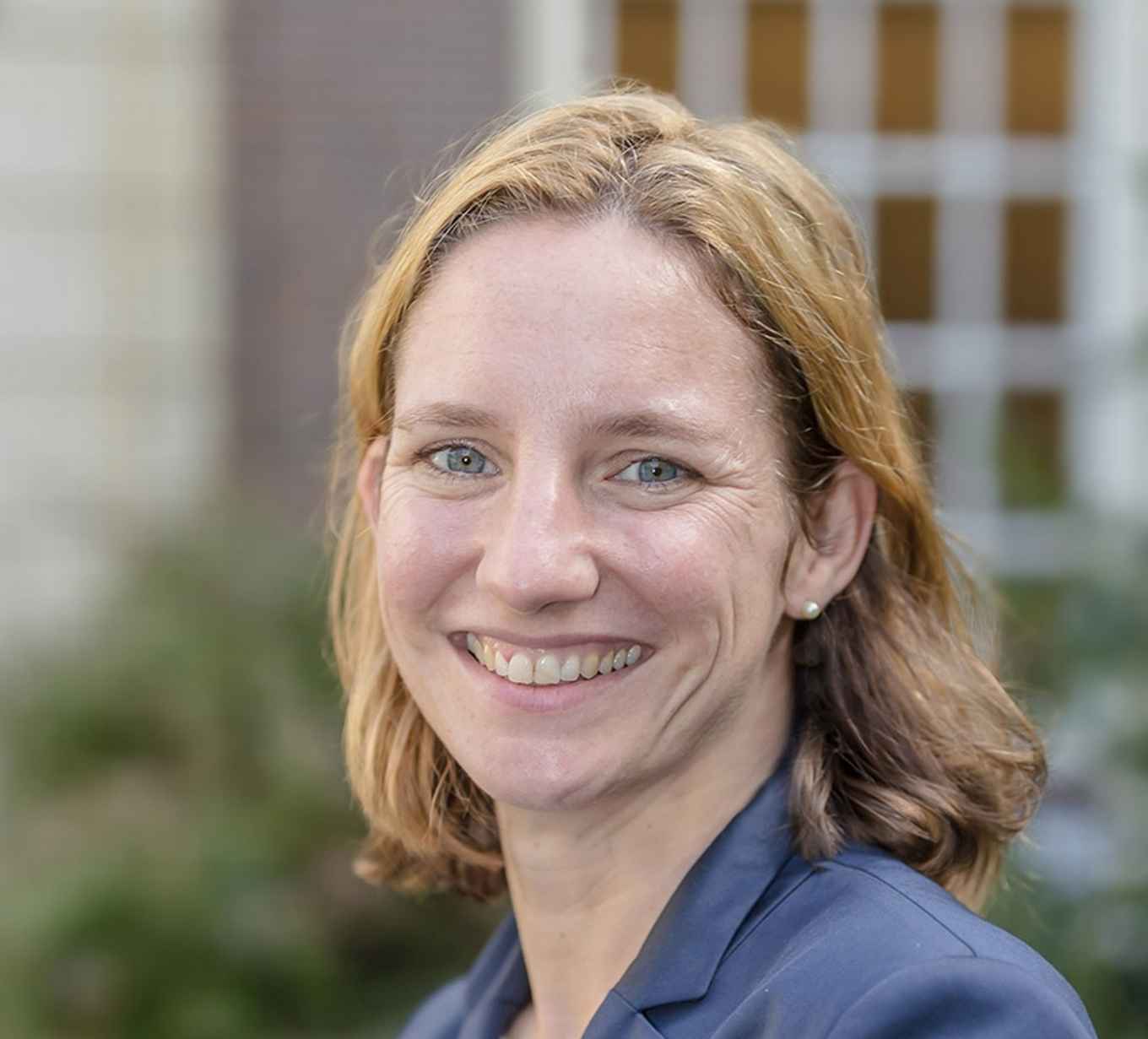Quest on equality in damages
Andrea Parziale, who’s originally from Italy, came to Maastricht University’s Faculty of Law for his Marie Sklodowska-Curie Fellowship. Inspired by the empiric approach of the Dutch legal (scholar) community, he began his journey on researching the differing damages in Europe and how to make it more equal.

Back in Italy, Andrea obtained his masters and doctoral degree, and had a couple of postdoc positions. This academic path wasn’t something he envisioned when he was young. “It was my dream to become a judge, but when I started my university programme, I found out that there was much more,” Andrea begins to tell. “I’ve always been fascinated by this idea of the law as a tool to solve social and interpersonal problems. Like medicine aims to solve health problems and engineering tries to solve technical problems.” Andrea wants to tackle the ‘grey areas’ the law is packed with. “I find it very stimulating, sometimes even daunting, to clarify these areas in which it’s not certain what you can do or cannot do.”
Europe’s ‘damage lottery’
To one of those ‘grey areas’ Andrea wanted to clarify, he dedicated his Marie Sklodowska-Curie Fellowship at Maastricht University’s Faculty of Law. “My research project focussed on reducing bias and inequality in the assessment of non-pecuniary damages. This resulted in a model legislative proposal that serves as a source of inspiration for legislators, judges, and adjudicators, to promote horizontal and vertical equity in compensating these damages,” Andrea explains. “Adjudicators have improved the situation a lot by increasingly using guidelines and protocols to try to make the compensation of non-pecuniary damages more consistent and predictable. However, there’s still some concerns in the literature because there is a kind of ‘damage lottery’ within countries.” That’s what sparked Andrea’s curiosity.




What are damages? And what's the difference between pecuniary and non-pecunairy damages?
Click through the slides to find out.
Different national systems to calculate damages
For his research project, Andrea focussed on five European countries that have different compensation systems and guidelines. “Ireland, Italy, Sweden, Belgium and The Netherlands are countries that are at the forefront in the reflection and development of guidelines,” Andrea continues. “These member states use systems that follow different methods.”
Then how is decided what amount of damages you receive in the case of non-pecuniary damages? Andrea explains: “The traditional response of legal systems is to ask the judges to determine the amount of the full compensation on an equitable basis. A subjective exercise, since it’s based on their feelings of what might be a proper sum to fully compensate the non-pecuniary damages. So you may have victims that suffered the same losses, but receive different amounts.”
To address this, different systems have emerged across Europe. Some systems, like in Ireland and the Netherlands, are mostly qualitative. They include a list of all kinds of injuries and losses in a narrative way. They contain general descriptions and suggest monetary values or ranges of monetary values between a minimum and a maximum. Judges can choose the amount within the range, depending on the severity of that loss or that harm in de specific case.
Other systems, like Italy and Belgium, rely on point-based calculations. The idea is that the medical expert assesses and determines the invalidity suffered by the victim of an accident. Points to a medical legal scale determine this invalidity. Then, the points are multiplied by an economic value and give the amount of full compensation.
Many systems provide guidance to the adjudicators but also afford them substantial room for divergence. This is to let them tailor the damages to the specific situation of the victim. However, the use of this room for divergence tends to rely on subjective perceptions and monetary quantifications that are not fully explainable. So, the damage lottery issue is not really solved.
The story continues after the photo.

A solution: fixed amounts and clear personalising mechanisms
Then how does Andrea’s model legislative proposal promote compensation that is more equal? One of his suggestions is a system where certain factors, like the type of harm and who is affected, are considered. “It should have a standard amount of money for each type of harm, but also allows adjustments based on specific and objective factors. Decisions about these factors and amounts should be made openly and with input from everyone involved,” Andrea explains. “For example, let’s say someone's privacy is violated, and they're entitled to compensation for the emotional harm. The system suggests two fixed amounts of money: a lower one if it's non-sensitive personal information and a higher one if it's sensitive data like health or political views. The amount is then multiplied by the number of people who saw the data. If potential employers or insurers saw it, the compensation increases by a fixed percentage. This is because the more people who see the data, especially sensitive data, the more worried the person should be about potential consequences, especially for their career or insurance.”
Andrea finished his research in September 2023 and hopes it will have impact on the compensation systems in Europe. “I don’t expect it will change things immediately, it takes time and patience,” he says. “I presented the results of my project at the Conference of Empirical Legal Studies in Warsaw. The mostly academic audience gave a very positive response.”
One recent occurrence in Italy caught Andrea’s attention. “Recently the highest administrative court in Italy blocked an initiative of the government to publish new guidelines for severe bodily injuries, stating they made a procedural mistake,” Andreas explains. “During the interviews and focus group sessions I did for my research, people said that one of the key elements of succes for guidelines is the perceived rationality and legitimacy of the guidelines as the drivers of acceptance. This is something I put forth in the recommendations of my research. If the Italian government knew of my research and followed my recommendations, maybe things wouldn’t be so tensed”
“The feeling that I got is that openness in discussions is the rule here. For me, that’s one of the added values of this university. "
Room for sharing
Looking back on his Marie Sklodowska-Curie Fellowship, Andrea is glad he choose to come to Maastricht University. “My research project was about comparative and empirical research. I found that the Dutch legal and legal scholar community are more open to interdisciplinary research, including empirical research,” Andreas says. “The Law and Tech Lab for example, is at the forefront of this. They do empirical research, using empirical tools to answer legal questions without losing touch with the legal side.” Andrea also adds that we must try to get a bit out of our comfort zone to grasp opportunities that empirical research offers.
Another thing he’s reminded of when he looks back to his research period is open sphere within the law faculty. “The feeling that I got is that openness in discussions is the rule here. For me, that’s one of the added values of this university. The fact that you don’t really need to be a super expert on a subject to share your thoughts, your questions or your ideas it always useful.” Andrea explains that the members of the METRO institute were very helpful during his research period. “I had the chance to present my results to the METRO community, mostly PhD researchers. Their questions and comments were very helpful to me to refine and even change some critical aspects of my project,” Andrea says. “I hope these discussions may be helpful for them in the future as well and that I have inspired them to use more empirical approaches to answers legal research questions.”
Also read
-
The competition is open to all students registered for a LLM programme in Maastricht who submits their thesis in the academic year 2023-2024.
-
On 6 June 2024, the Globalisation & Law Network held a seminar featuring Dr. Christina Eckes, Professor of European Law at the University of Amsterdam.
-
On 22 May 2024, the Globalisation & Law Network had the pleasure of welcoming Professor Ulf Linderfalk, who presented his monograph 'The International Legal System as a System of Knowledge' (Edward Elgar, 2022).

